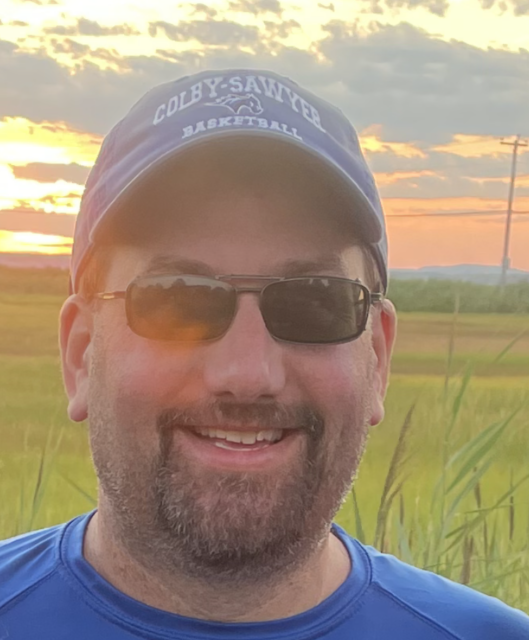
November is National Adoption Month, and this year’s theme is Empowering Youth: Finding Points of Connection. Throughout November, we will be highlighting our recruiters who work tirelessly to find connections and homes for the children in Vermont waiting for their forever homes.
Meet Kirk Brewster
Title: Permanency Planning Counselor
Years of Service: 6 years
Kirk is a Permanency Planning Counselor for Project Family (a partnership between Lund and the Department for Children and Families) and works with youth in Rutland, Bennington and Middlebury to find connections and forever families. Kirk is a strong advocate for the youth he works with, ensuring they have what they need and that their voices are heard.
How do you build connections with the youth you work with?
To truly find out what a youth needs, you first need to build up trust with them. It’s too easy to just read their file or go by second or third-hand information to learn about them. I like to ask thoughtful questions and then wait for their answers. Taking the time to build a good connection with the youth helps them build better connections with other people.
How do you empower the youth you work with to be an active participant in this process?
You want youth to work with you—let them take the lead for once in their lives. Give them some power. I aim to meet the youth wherever they are emotionally, physically, and spiritually. These youth have experienced a lot of trauma in their short lives and most of it was caused by trusted adults in their life. I build rapport with them, let my guard down a little, use some humor, and show them that they are supported.
A lot of times it looks like being a good listener even when they are angry. I provide a safe space where they can really say what is on their mind. I offer support in the good times and the hard times. And I advocate for them even when other team members might disagree. The youth need to know that their voice is represented in meetings that they are unable to attend.
What makes this job rewarding?
I have always liked working with youth. I like being a support for them. These youth need to be connected to as many positive role models as they can and they need to be connected to their community. It is important that we help build connections for them so they can continue to gain the skills needed to become positive, supportive adults in the future.
It’s easy to take for granted how much help many of us have from family, friends, neighbors, etc. while growing up. A lot of the youth I work with grew up in the foster care system, with people coming in and out of their lives for short periods of time. Being able to find that one family or those supportive connections for a youth, that will be with them forever, is what makes this job so rewarding.

